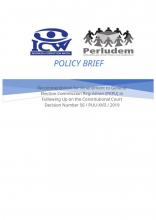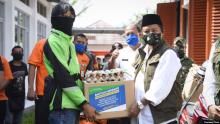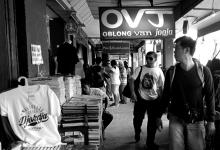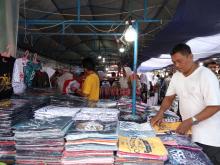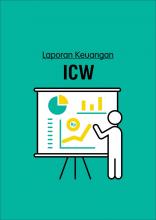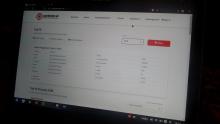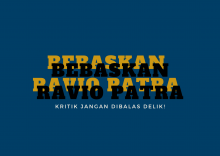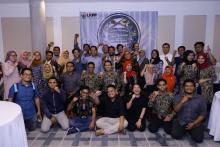Recommendations for Amendment to General Election Commission Regulation (PKPU) in Following Up on the Constitutional Court Decision Number 56 / PUU-XVII / 2019
Indonesia is one the countries affected by Coronavirus Disease 19 or commonly known as COVID-19. The disease had entered Indonesia since 2 March 2020 and has grown exponentially up until now. As of 13 May 2020, the COVID-19 have reached 15,438 cases among Indonesian people and 1,028 had died due to the Corona.
Anyone who has visited the famed Malioboro street in Yogyakarta Special Administrative Province would know that street vendors are the area’s fixtures. Taxi driver slash tourist guide Gunadi said it was the vendors that had made Maliboro into the unique, tourist-magnet spot it was today. “They’re simply iconic to the area,” said Gunadi on Friday, December 6, 2019.
Located in the heart of Yogyakarta, Malioboro street is the tourism icon of this special administrative province. The street is famously adorned by a wonderfully chaotic mix of street vendors, traditional lesehan eateries where guests sit on the ground, and artists of which Yogyakarta has aplenty. Stretching for a mere one kilometer, tourists flock Maliboro to hunt and bargain for cheap souvenirs, food, and clothing from an array of seemingly endless vendors that line both sides of the street.
The development of a three-story building for the relocation of street vendors in Malioboro area, Yogyakarta Special Administrative Province was prone to irregularities. The construction of the IDR62 billion building had the highest corruption risk in the province in 2018, according to Opentender.net (hereinafter referred to as Open Tender) developed by the Indonesia Corruption Watch (ICW). Nation-wide, it was the number eight most high-risk construction project during the year.
Three journalists in Yogyakarta Special Administrative Province investigate fraud allegations in government project. They are Arif Hernawan from Gatra, Haris Firdaus from Kompas, and Bhekti Suryani from Harian Jogja. By using Opentender.net, their investigation focused on a trade center construction project for street vendors in Malioboro area.
JOINT STATEMENT
COALITION REFUSING CRIMINALIZATION AND CASE MANIPULATION (KATROK)
(SAFEnet, YLBHI, LBH Jakarta, LBH Press, KontraS, AMAR, ICW, Lokataru, AJAR, Amnesty International Indonesia, ICJR)
IMMEDIATELY FREE RAVIO PATRA, STOP CRIMINALIZATION, REVEAL THE IDENTITY OF THE HACKER!
Jakarta, April 23, 2020
Bhekti Suryani, a Harian Jogja journalist, smiled with satisfaction as she found out Gatot Saptadi bans the Regional Government Organizations of Yogyakarta Province from using quick tender method without careful consideration. Gatot, who at that time still served as the Regional Secretary of Yogyakarta Province, admitted that the quick tender method used in the first phase of a construction project of a trade center for Malioboro street vendors violated the rules.
On 25 June 2018, the Coordinating Ministry of Political, Law and Human Rights inaugurated their newly renovated media center. The building now has several floors and additional workspace for the Illegal Levy Eradication Task Force and special bureau for Papua.


